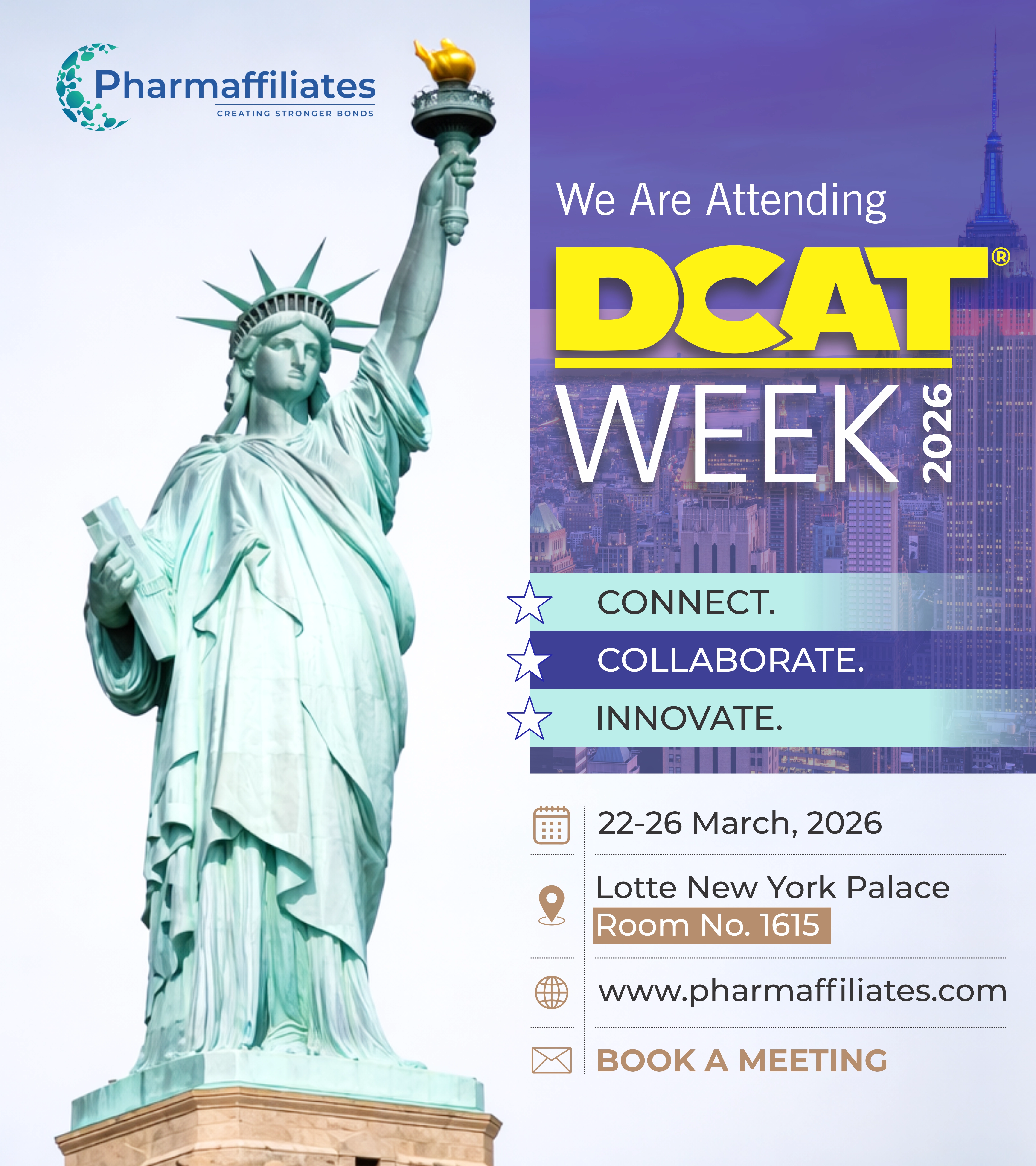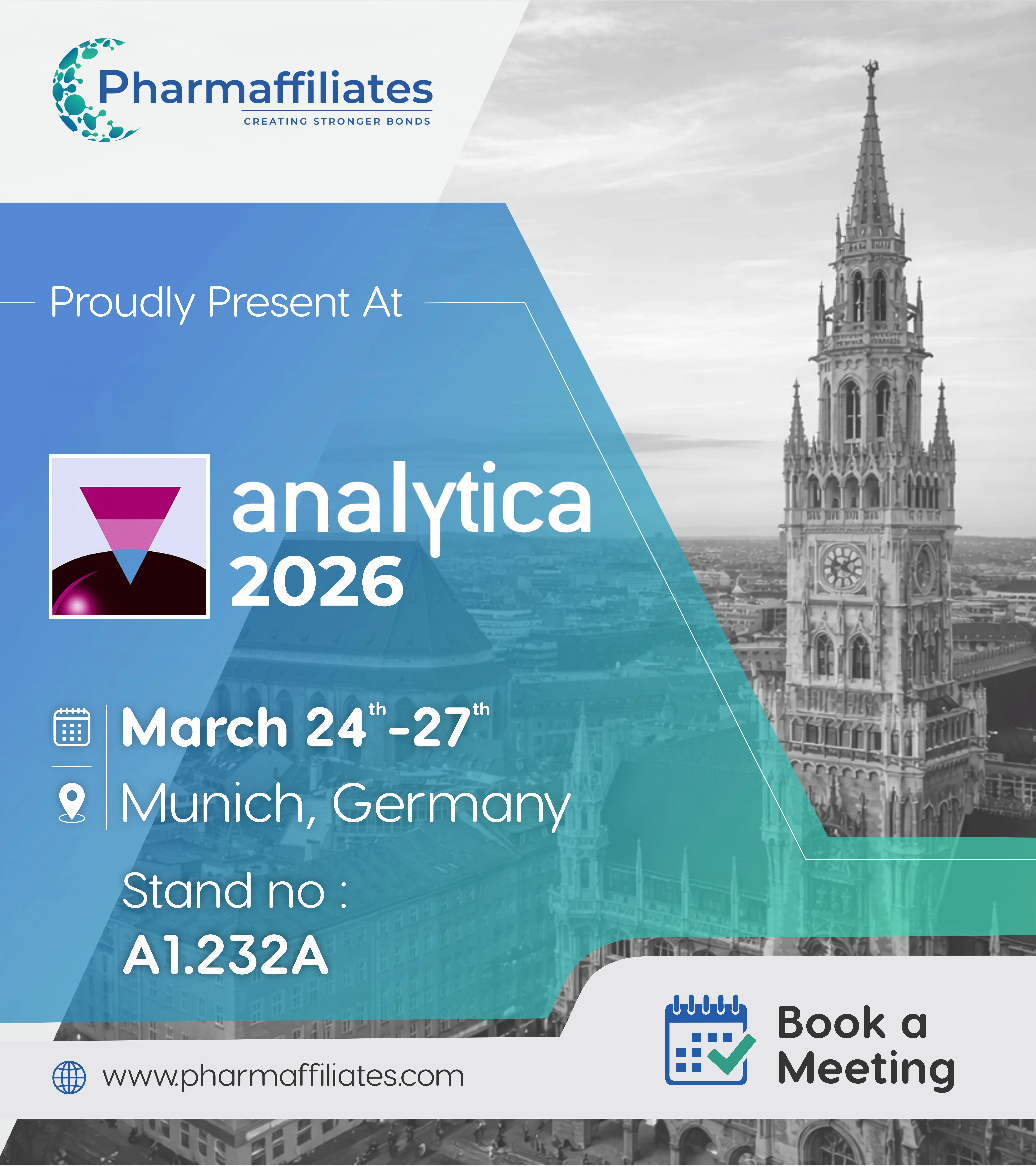Mass Spectrometry in Analytical Research & Development: Techniques, Applications & Industry Expertise
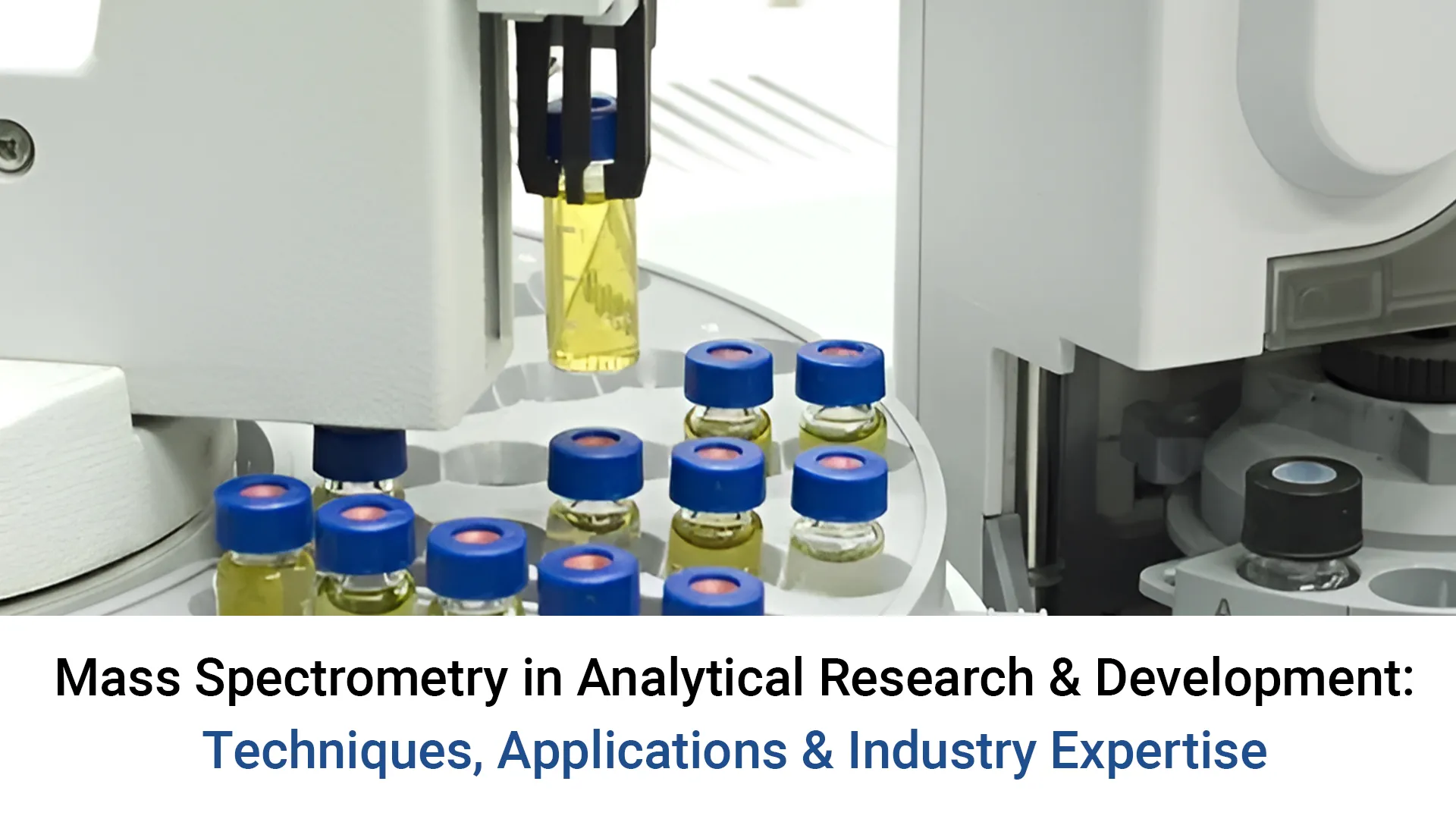
In the world of pharmaceuticals, precision and compliance are non-negotiable. To meet strict global standards, every compound, impurity, and molecule must be thoroughly analyzed. One of the most trusted technologies for achieving this level of detail is mass spectrometry (MS), a cornerstone of modern pharmaceutical testing and analysis.
Analytical techniques like Mass Spectroscopy, including GC-MS and ICP-MS, used for impurity profiling, structure elucidation, and regulatory testing, enable scientists to detect trace elements and verify molecular structures with unmatched accuracy.
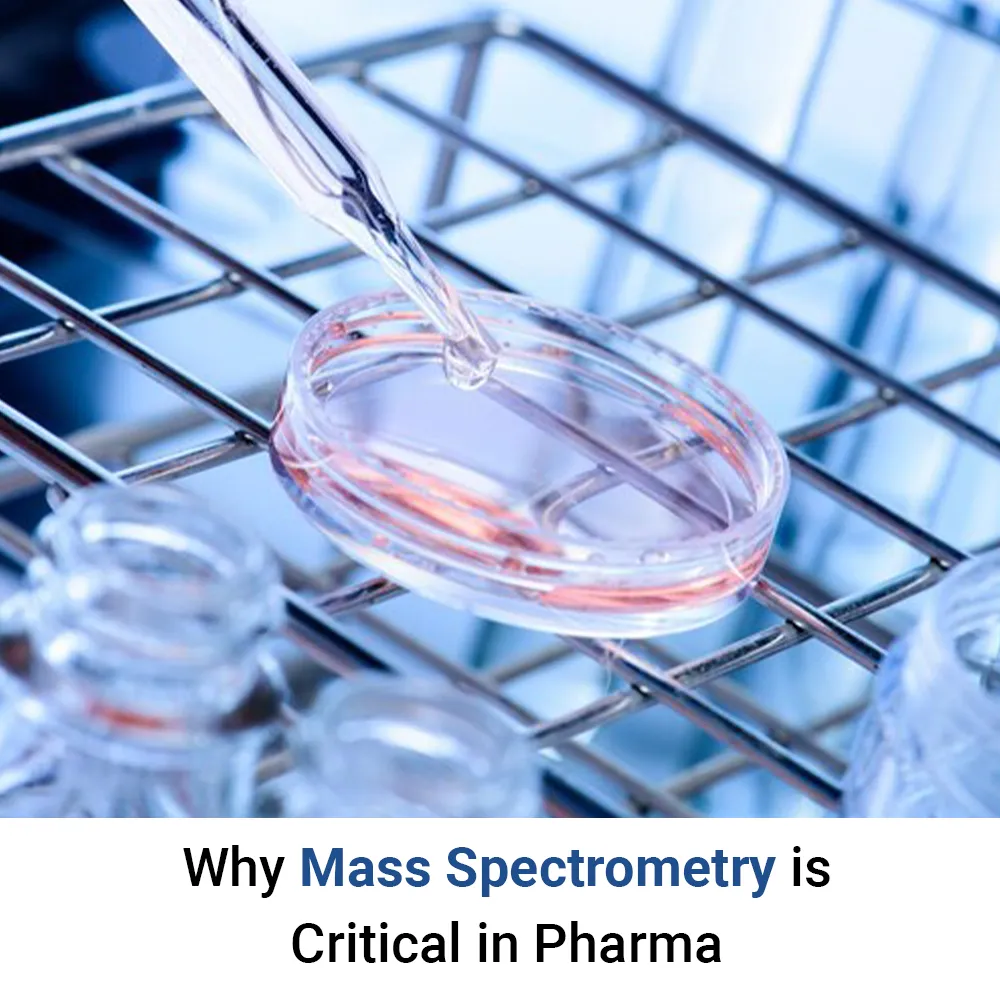
Why Mass Spectrometry Is Critical in Pharma
Mass spectrometry identifies molecules based on their mass-to-charge ratio, offering deep insight into the chemical composition of drug substances. It plays an essential role in:
- Detecting and profiling impurities.
- Confirming molecular structures (APIs, impurities, metabolites)
- Analyzing residual solvents and elemental impurities.
- Supporting regulatory submissions (FDA, EMA, CDSCO, etc.)
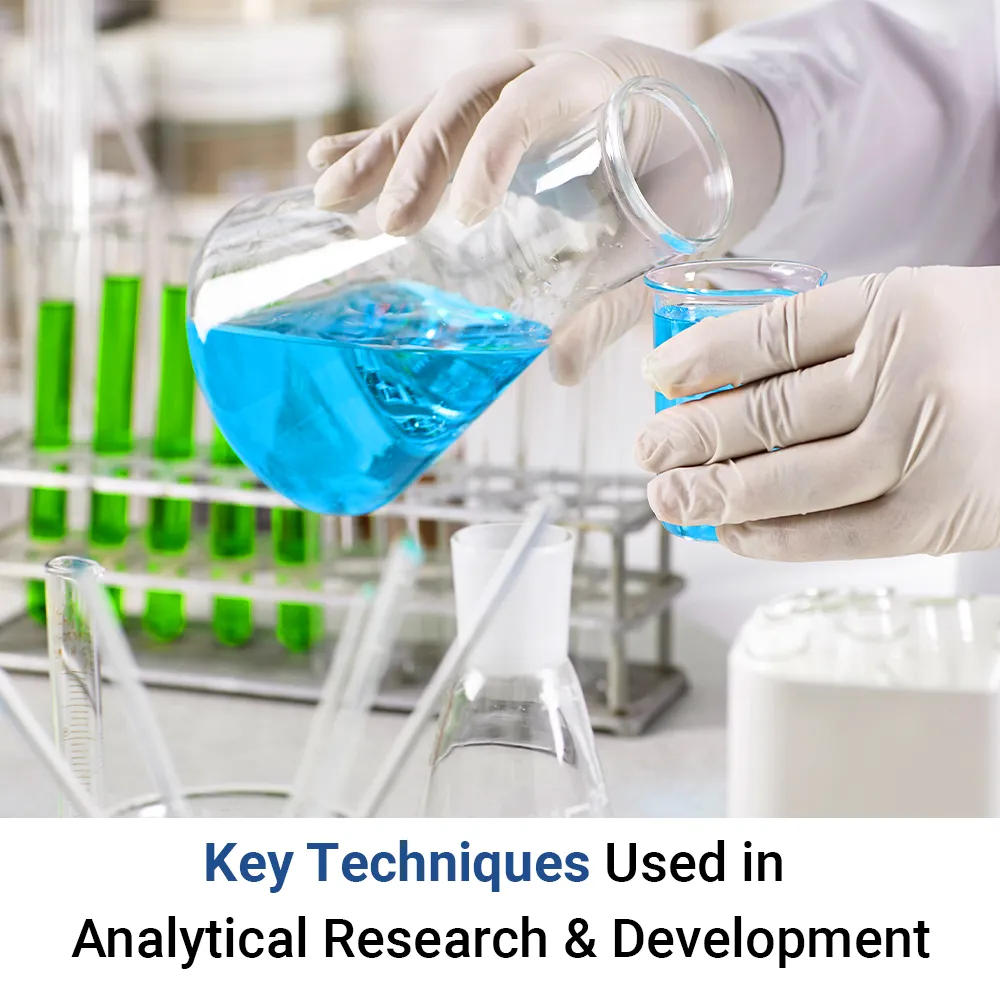
Key Techniques Used in Analytical Research & Development
GC-MS is ideal for analyzing volatile and semi-volatile substances, particularly in:
- Residual solvent testing
- Organic impurity detection
- Stability studies
-
Inductively Coupled Plasma Mass Spectrometry (ICP-MS)
ICP-MS offers precise detection of elemental impurities such as heavy metals. It is used for:
- ICH Q3D compliance
- Trace metal analysis in drug substances and excipients
- Catalyst residue testing in API synthesis
-
Structure Elucidation with MS
When paired with tools like NMR and IR spectroscopy, MS supports complete structure elucidation of:
- Novel drug compounds
- Process-related impurities
- Degradation products
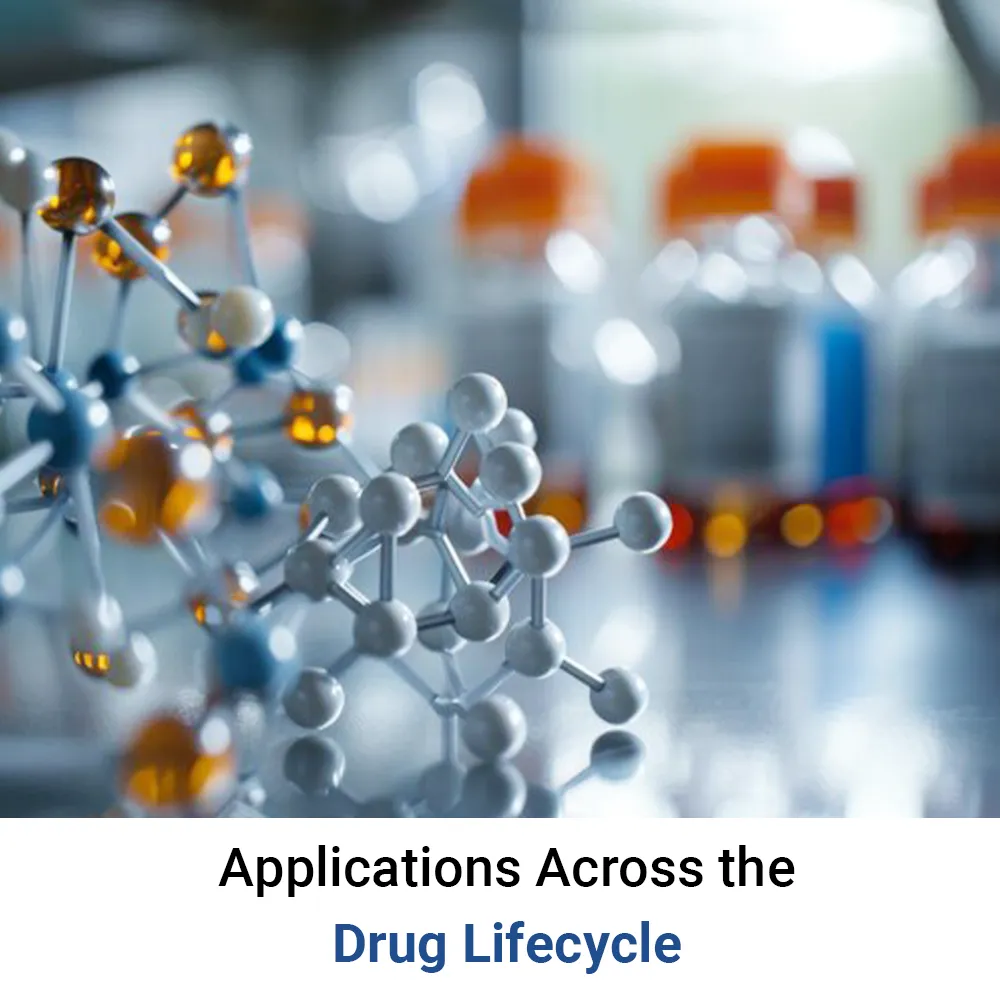
Applications Across the Drug Lifecycle
From research labs to production floors, MS techniques are integrated at every stage of pharmaceutical development:
- Discovery & R&D – Early-stage impurity detection and molecular characterization
- Clinical Trials – Bioanalytical testing and metabolite analysis
- Quality Assurance – Batch release testing and stability profiling
- Regulatory Submissions – Analytical data for DMFS, CTDS, and ANDAS
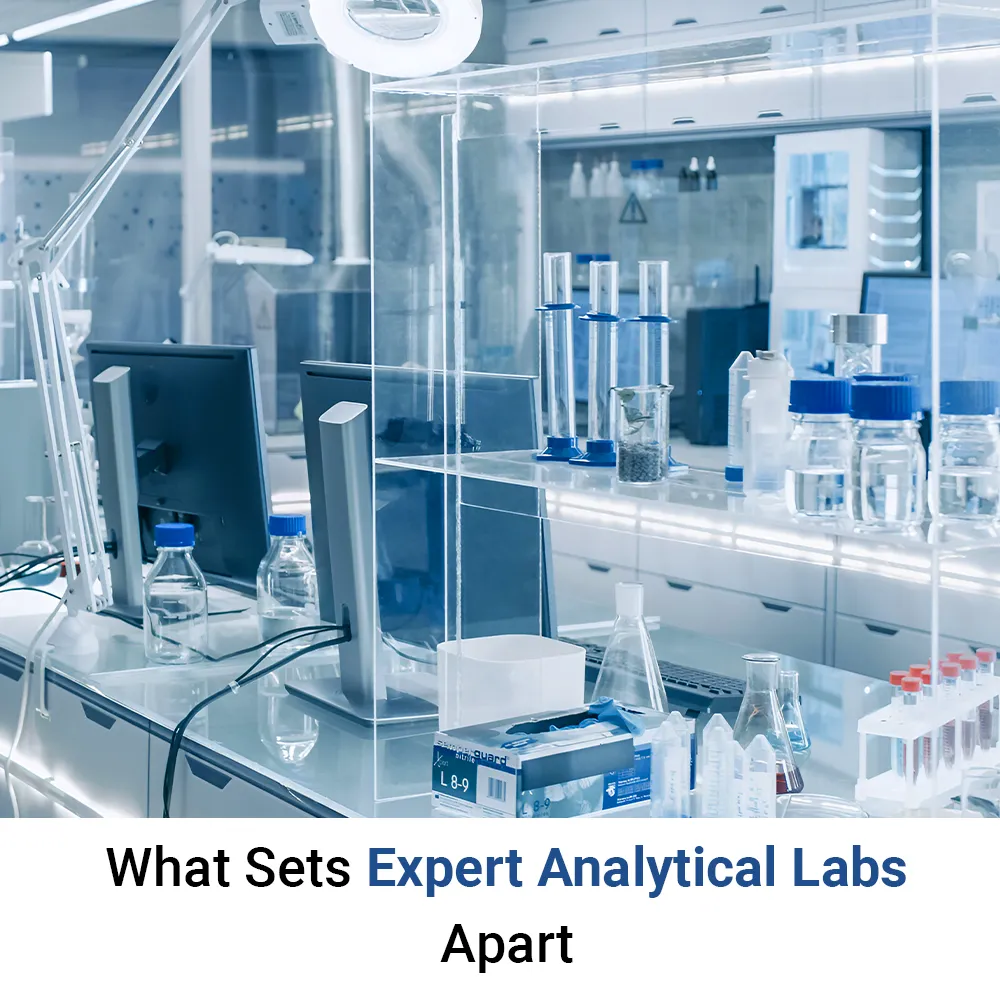
What Sets Expert Analytical Labs Apart
Leading pharmaceutical analytical labs that specialise in MS techniques are defined by:
- Compliance-Ready Infrastructure – Aligned with global regulatory frameworks
- Advanced Instrumentation – GC-MS, ICP-MS, LC-MS/MS systems from top manufacturers
- Experienced Analysts – Skilled in method development, validation, and regulatory documentation
- Fast Turnaround Times – Ensuring projects stay on schedule without compromising data quality
Conclusion
Mass spectrometry remains the backbone of high-precision pharmaceutical testing. Its ability to detect, characterize, and validate molecular and elemental content makes it indispensable in a regulated environment.
By combining advanced techniques like GC-MS and ICP-MS with deep regulatory understanding, Pharmaffiliates delivers the analytical precision required across the pharmaceutical lifecycle. Whether impurity profiling, structure elucidation, or compliance-driven validation, our expertise ensures quality and confidence at every step.






